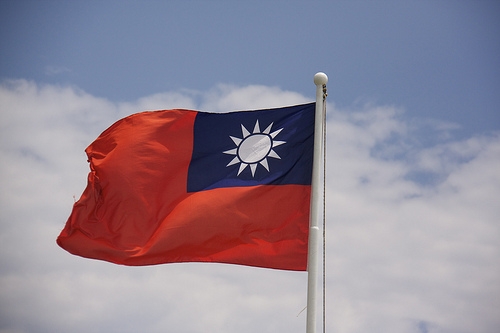
Taiwan's export orders slowed big-time to 4.7% in May
Aren't new Apple products helping?
According to DBS, the central bank is expected to maintain the benchmark discount rate at 1.875% during the quarterly policy review scheduled this Thursday.
Here's more from DBS:
The disappointing results of the recent trade data have strengthened the case for the central bank to keep rates low in order to bolster economic growth.
Export orders slowed notably to 4.7% YoY in May following a temporary bump-up to 8.9% in April. The modest improvement in China’s and US’s demand was offset by sagging demand from Japan and Europe.
Although electronics exports have received a boost from the upcoming release of new Apple products, the recovery in non-tech exports has remained weak and fragile.
On the other hand, the deterioration of inflation data is enough to keep the central bank from adding any stimulus. Headline CPI has climbed to 1.6% YoY since March and stayed firmly at this level for three consecutive months.
Inflation pressures mainly stemmed from higher domestic food prices and the surge in global oil prices, which should be classified as the supply side/imported inflation.
Real wages growth amongst all employees has slipped into the negative terrain since March, presenting a major headwind to the outlook for domestic consumption. Against such a backdrop, a policy response via rate hikes would only aggravate the downside risks to domestic demand.
Appreciating the currency should be given precedence over hiking interest rates, in our view. There have been tentative signs that the central bank has reduced FX interventions to tolerate a stronger TWD.
FX reserves increased just USD 156mn in May, in stark contrast with the large sizes of trade surplus (USD 5.3bn) and foreign equity inflows (USD 3.1bn) during the same month.
In the event of a further rise in international oil prices going forward, the central bank would guide the USD/TWD to lower levels to alleviate inflation pressures, whilst minimizing the rise in TWD NEER in an attempt to support the competitiveness of exports.
























 Advertise
Advertise






